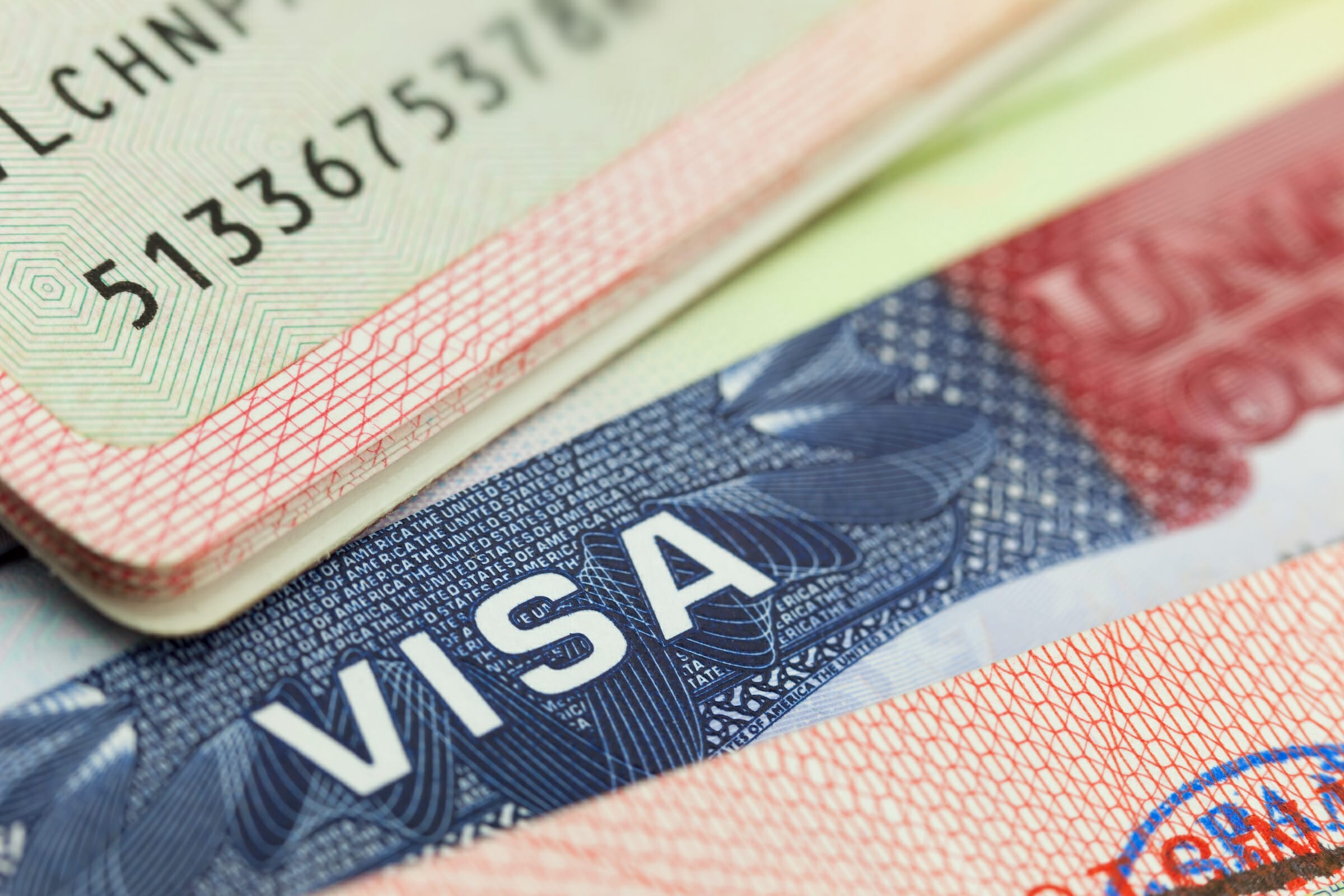Thailand’s Consumer Protection Act B.E. 2522 (1979) was enacted to safeguard the rights of consumers against unfair trade practices, defective products, misleading advertisements, and exploitative contracts. The Act reflects the principle that consumers are the economically weaker party in market transactions and require statutory protection.
The law also establishes dedicated regulatory bodies empowered to enforce consumer rights and discipline violators through administrative, civil, and criminal remedies.
Key Legal Authorities
The Act establishes the following regulatory bodies:
-
Consumer Protection Board (CPB)
-
Oversees consumer policy and major enforcement actions.
-
Chaired by the Prime Minister or designated Deputy.
-
-
Office of the Consumer Protection Board (OCPB)
-
Day-to-day regulatory body that handles complaints, investigates violations, and enforces compliance.
-
-
Subcommittees on Advertising, Labels, and Contract Terms
-
Each subcommittee has rule-making power within its domain.
-
The CPB is empowered to issue Ministerial Notifications setting mandatory standards for goods, services, advertising, labeling, and contract formats.
Main Areas of Regulation Under the Act
1. Advertising (Section 22–31)
-
Prohibits false, exaggerated, or misleading statements in advertising.
-
Advertisers must ensure truthfulness and clarity, particularly regarding health, safety, and financial returns.
-
OCPB may order suspension or correction of unlawful ads, and violators can face criminal prosecution.
2. Labels and Product Information (Section 32–39)
-
Requires clear labeling in Thai language on packaging.
-
Mandatory information includes product name, ingredients, warnings, and expiry dates.
-
Goods deemed hazardous may require special labeling and prior approval.
3. Unfair Contract Terms (Section 35 bis–35 quinquies)
-
The OCPB has authority to prescribe standard contract formats for high-risk industries (e.g., real estate, insurance, loans).
-
Any contract clause that is deemed “unfair” or imposes disproportionate obligations may be rendered void.
-
Businesses must register certain standard-form contracts in advance.
Enforcement Powers and Remedies
| Enforcement Mechanism | Description |
|---|---|
| Administrative Orders | The CPB can order a business to cease an act, correct advertising, or withdraw a product. |
| Civil Remedies | Consumers may claim compensation for losses caused by deceptive practices or unsafe goods. |
| Criminal Prosecution | Violators may be fined or imprisoned, particularly in cases of public harm (e.g., dangerous food, fake pharmaceuticals). |
| Product Liability (2008 Act) | Manufacturers, importers, and sellers are strictly liable for harm caused by defective products, regardless of negligence. |
Interaction with Other Laws
The Consumer Protection Act operates alongside:
-
Civil and Commercial Code (for general contract obligations and tort liability)
-
Food Act, Drug Act, Cosmetics Act (for product safety)
-
Trade Competition Act (for anti-competitive conduct)
-
Product Liability Act B.E. 2551 (2008) (for strict liability in defective products)
Complaint and Dispute Resolution Mechanism
Consumers can submit complaints to:
-
OCPB Complaint Center
-
Provincial Consumer Protection Offices
-
Administrative Courts, for review of regulatory decisions
In some cases, the CPB may refer the matter to public prosecutors for legal action on behalf of affected consumers. Thailand also offers mediation services to settle disputes without litigation.
Penalties for Violations
| Violation Type | Legal Consequences |
|---|---|
| False advertising (Section 28) | Up to 6 months’ imprisonment or 100,000 THB fine |
| Dangerous goods without warning | Up to 6 months’ imprisonment or 500,000 THB fine |
| Unregistered or unfair contracts | Fines and administrative orders |
| Repeat offenses or refusal to comply | Escalated penalties and potential business license suspension |
Practical Challenges and Limitations
-
Enforcement Resources: The CPB and OCPB face practical limitations in investigating a high volume of complaints.
-
Consumer Awareness: Many consumers are unaware of their rights or how to lodge formal complaints.
-
E-Commerce Growth: The legal framework is still catching up with online commerce and cross-border transactions.
Conclusion: Strategic Importance of Consumer Law Compliance
The Consumer Protection Act serves as a legal backbone for regulating commercial behavior in Thailand. Businesses must take active steps to ensure that advertising, product information, and contractual arrangements comply with CPB regulations.
For consumers, the Act provides tangible rights and remedies, though enforcement often requires navigating administrative processes or seeking judicial assistance.






